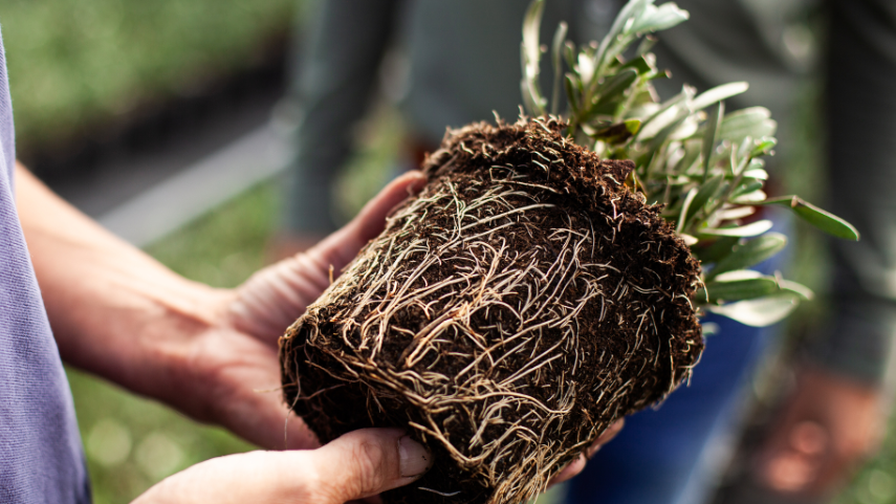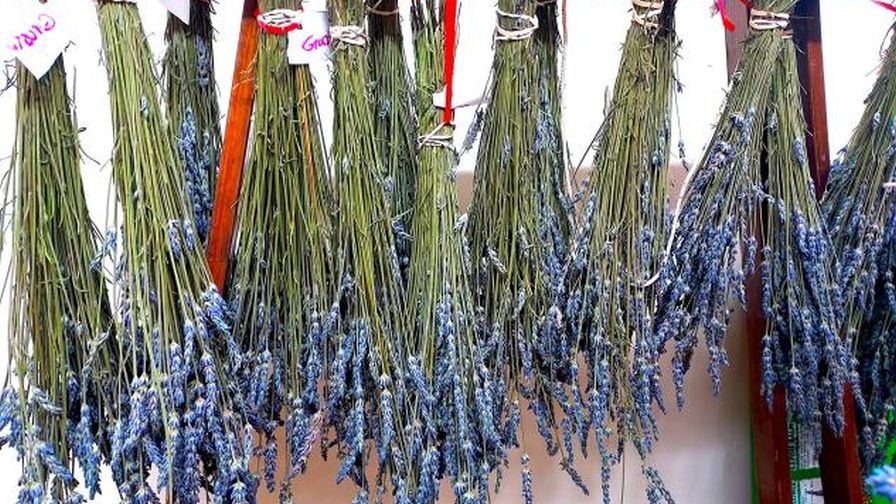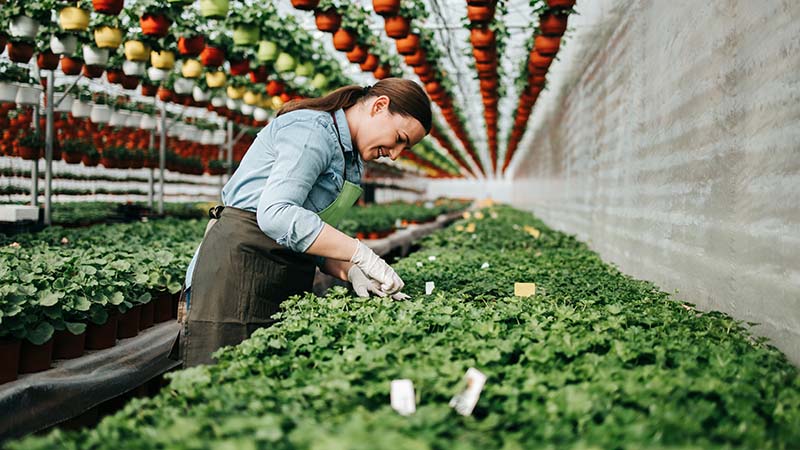The Green List: Retailers
Charlie Cole
General Manager, Cole Gardens,
Concord, N.H.
- Create a sticker that identifies eco-friendly or natural products.
- Push Espoma (which contains more natural ingredients) and other earth-friendly products.
- Use a potting mix that contains a maximum of 10 percent perlite.
- Use capillary mats. We use them in our greenhouse and perennial area, which means less watering because the plants will suck up the excess water that goes on the bench.
- Encourage customers to bring back their pots. We do, and we are then able to get the customer back into the store.
Merrideth Jiles
Garden Center Manager, The Great Outdoors, South Austin, Texas
- Look at how your business operates. I think every owner, general manager, etc., should spend a few days in the trenches with their employees seeing how the business really operates. Are employees trying to recycle materials such as grow pots, cardboard, cans, old soil, etc? As much as we do to “Reduce, Reuse, Recycle,” I am amazed at how much trash our store generates. I’m sure I would be appalled at many other stores that don’t do the things we do. We have a dedicated dumpster for cardboard and paper, bins for aluminum, glass and plastic, a grow pot reuse program and a used soil reuse program.
- If you order a “package” of product from a vendor that comes with a display you will never use, ask them not to send it. They may even give you a discount on the order since they do not have to cover the cost of the “free” display unit.
- Ask vendors, when possible, to combine pieces into one larger box instead of several smaller ones. It may save on freight.
- Look for growers that try to be natural or organic, possibly even using biodegradable pots.
- Look at the corporate philosophies and histories for the companies you deal with. You may be surprised at how un-earth-friendly some companies are.
Theresa Riley
Co-owner Rockledge Gardens,
Rockledge, Fla.
- The most important thing a garden center can do is to be conscious of conserving energy, water, etc. Irrigation practices are very important, as is the use of power to heat, cool, etc. Recycling is a simple step, whether it’s recycling soda cans and bottles, cardboard or plastic pots.
- Composting (or at least separating compostable materials from trash) is another fairly easy-to-implement practice.
Skip Shorb
Owner, American Plant Food Co., Bethesda, Md.
- Look at where you buy your material. We just dropped a supplier of over 50 years, because they a ship a product halfway across the country that we can buy within 100 miles of our stores. We sell and promote locally composted waste material (as soil conditioners) that in the past either filled up land fills or polluted local water ways.
- Look at your lighting. We are currently changing over all of our light fixtures to the energy saving products.
- Recycle. We sort our trash and paper/cardboard.
John Dromgoole
Owner The Natural Gardener, Austin, Texas
- Look at what general retailers are selling as consumer green products–alternative lighting (solar, compact fluorescent, etc); low VOC paints;alternative building materials like bamboo; selling a reusable carry out bag that customers can bring in and use again.
- Look at runoff to ensure it is being managed properly before it gets to local rivers and streams.
- Use recycled materials in the store, and sell products made of recycled materials.
- Seek out fair trade items to sell in the gift shop.
- Think about the next generation. Part of the sustainability philosophy at The Natural Gardener includes directing all charity activities toward schools to create organic gardeners for the future.
Jennifer Zuri
Marketing Communications
Manager, Aquascape, Inc., St. Charles, Ill.
- One of the easiest things a business can do to move toward being eco-friendly is to adapt a recycling program. Contact the local waste management company to get started. Oftentimes, they’ll supply recycling bins at no extra cost to you. Be sure to take the time to educate employees on the benefits of recycling cans, newspapers, and other types of recyclable trash found at your establishment.
- Another easy fix for garden centers to focus on sustainability is to look overhead–literally–to lighting fixtures. The next time a light bulb goes out, replace it with a compact fluorescent light. Although these bulbs cost more initially, you’ll not only save on electric costs, but since the fluorescents last up to nine times longer, you’ll be spending less on replacement bulbs over the long haul.
- Do you sell decorative containers in your retail center? Advertise them as rainwater containers! Either sell waterproof sealant for the interior of the porous container, or take the time to seal the containers yourself as an added service to your customers. Instruct homeowners to direct downspouts into the decorative container. They can then use the captured rain to water their garden plants.
- Since the majority of rain water runs off the yard and into the local sewer system, it’s important to capture the rain so it soaks into the soil. To show your dedication to the environment’s sustainability, create rain gardens on the property of your retail location:
- Choose an area a few feet from the exit point of a downspout. Dig and remove 3-4 inches of soil, then loosen remaining soil to a depth of 8-12 inches. Add sand and organic matter.
- Dig a trench between the hole and the downspout, and lay a drainpipe that leads from the downspout to the rain garden.
- Plant the rain garden with a variety of water-loving plants.
- Better yet, you can hold a rain garden how-to class for customers at your garden center. After the seminar is over, be sure to sell the supplies your customers will need to make their very own rain gardens. Don’t forget to provide a variety of aquatic bog plants from which to choose for the garden.
Tina Mast
Communications Director, Homewood Nursery, Raleigh, N.C.
- Conserve water.
- Use integrated pest management in production facilities with a focus on organic methods and chemicals non-toxic or less toxic to humans and that also pose reduced water pollution issues.
- Sell plants in biodegradable pots.
- Sell pest controls, fertilizers and soil amendments that are organic and that do not pose risks to humans, wildlife or ecosystems.
- Educate customers about these things.
0
1
5
The Green List: Retailers









